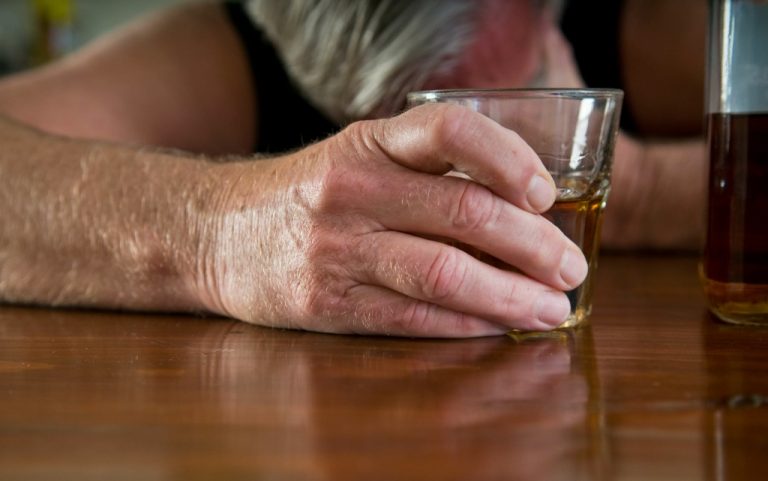Content
If you’re unsure about whether you’re a casual drinker or a problem drinker, consider cutting back on your alcohol intake or committing to sobriety. If you still want to drink casually, be sure to drink responsibly. If you think you’re an alcoholic, consider discussing your alcohol use with your health provider. If you’re unable to quit drinking, you should look into attending alcohol rehab. You don’t have to be an alcoholic to have problems with alcohol. Problem drinkers don’t necessarily need to go to a residential rehab center to stop drinking.
It takes tremendous strength and courage to face alcohol abuse and alcoholism head on. Binge drinking can have many of the same long-term effects on your health, relationships, and finances as other types of problem drinking. Binge drinking can lead to reckless behavior such as violence, having unprotected sex, and driving under the influence. Binge drinking can also lead to alcohol poisoning, a serious and sometimes deadly condition.
Codependency and Addiction in Romantic Relationships
Social drinking occurs in many forms — from small events like birthday parties or meeting for a drink after work, to large-scale events like Oktoberfest or a New Years’ celebration party. There is no set amount of alcohol that determines a social drinker, but the CDC characterizes alcohol use as moderate drinking if a female consumes one drink per day, or a male consumes two drinks per day. This becomes binge drinking if a male consumes five or more drinks, or a female drinks 4 or more drinks during a general two-hour time frame on at least one occasion within a month. Social drinkers don’t drink alone and stick to drinking in only social settings. There is no defined pattern of use for people who identify as social drinkers. Their alcohol consumption patterns can range from drinking each weekend with friends to one time per month at a work conference.

https://ecosoberhouse.com/ is a toxin — too much can damage your body and impact your health. The act of drinking socially is considered an integral part of American society, but it’s been part of human civilization for millennia. Even if you’re not planning a night where you’re going to get drunk, it’s considered socially acceptable to have a beer or two or a glass of wine with dinner when you’re hanging out with friends. Your drinking may be a problem life if you use alcohol as a social lubricant to get through a no-alcohol event or you kick back a few before going to an event where you’ll be drinking even more.
Deinfluencing: The TikTok Trend Taking Influencers Down A Slippery Slope
This increase in consumption leads to increased tolerance, so you’ll find yourself drinking more to get the same result. Drinking alcohol is deeply rooted in American culture and history. It is widely available in stores, restaurants, and bars, and is often used to socialize, relax, celebrate special occasions, and even to maintain health. Some people require the space away from triggers like parties and events and the intensive treatment experience that inpatient rehab provides. Others can begin their addiction recoveries with day treatment in outpatient rehab.
If you find yourself social drinking and drinking problem to get ready to do more drinking, then it may be time to explore your relationship with alcohol. Yes, it is possible for some people diagnosed with AUD to cut down their drinking to a healthier level. Medication such as naltrexone can help people limit or stop drinking.
What do you call drinking to have fun?
When BEACH conducted a study which gathered information of people over the age of 18, it defined binge drinkers as those who consumed six or more standard drinks on one occasion whether that be weekly or monthly. Deciding to ask for help, including alcohol addiction treatment, can be a hard choice. Many people with alcohol use disorder refuse to admit they have a problem. If you’re not able to control the number of drinks you have in one sitting, or find yourself breaking set limits it may be time to seek help. Often close family or friends will see there is a problem and may be able to persuade a person to explore treatment options. An intervention can help someone recognized and accept that alcohol has taken control of their life, or at least become a priority. Consider talking to someone who has experienced an drinking problem and found recovery.

